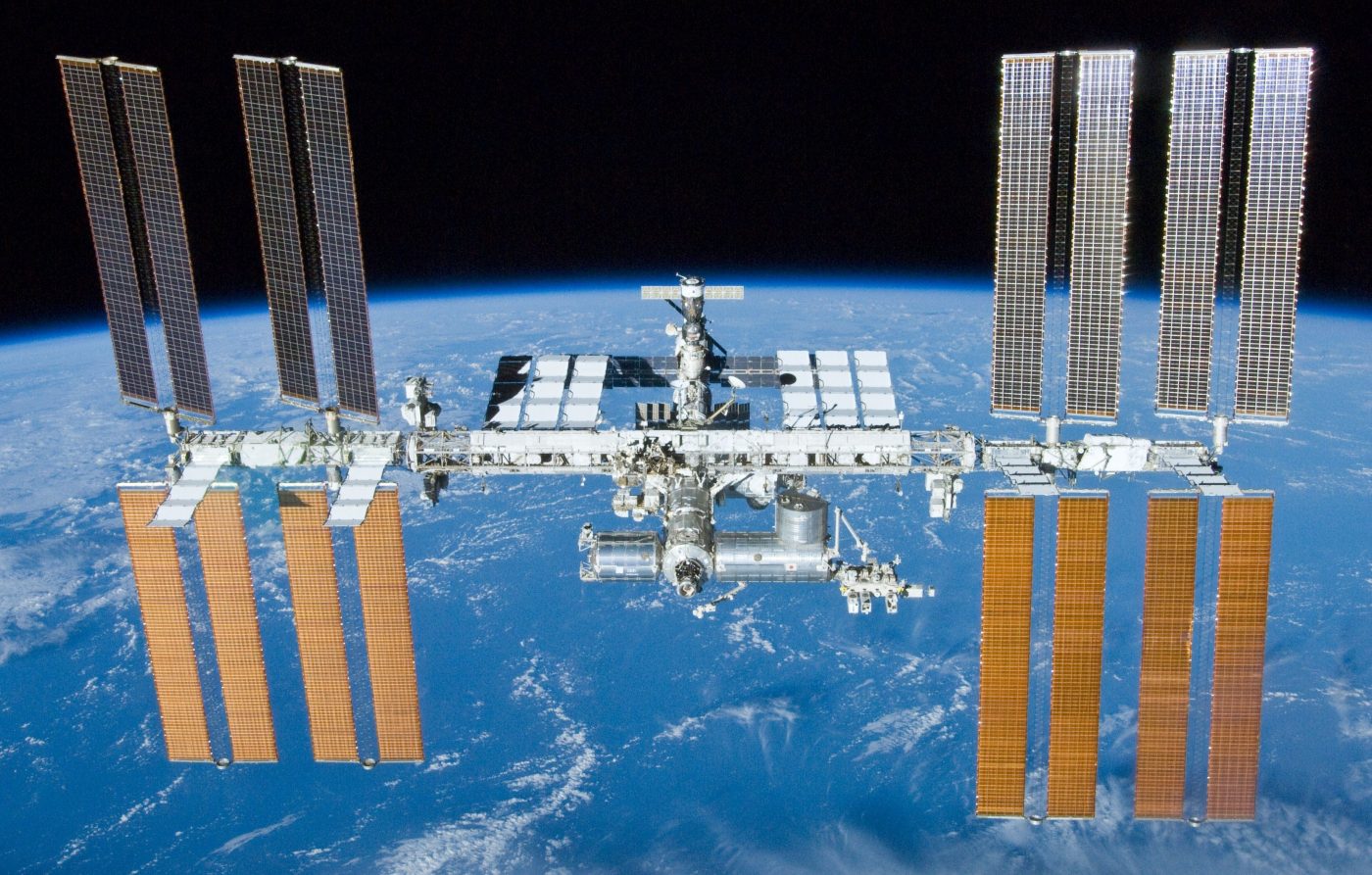Russia’s invasion of Ukraine threatens the long-standing global co-operation in space, experts say
Published at cbc.ca on March 11, 2022
The International Space Station has long been a symbol of peace and co-operation among 15 nations. In its 21 years of operation, it has managed to survive many geopolitical situations, but now experts are wondering what Russia’s invasion of Ukraine means for the future of its space partnerships.
Russia’s space program has a long, storied history. They (as the Soviet Union) launched the first satellite, Sputnik, in 1957; they launched the first human into space, Yuri Gagarin in 1961; they performed the first spacewalk and built the first space station. Their Soyuz rockets that take their cosmonauts to the International Space Station (ISS) are workhorses designed from the end of the Cold War era.
They are also a major partner in the ISS. But experts say that long-respected history is being threatened by Russia’s actions over the war in Ukraine.
“Is this a huge blow to diplomacy? Yes. Space co-operation? Yes. Science? Yes.” – Jessica West
As the war enters its third week, Russian forces continue to shell several major cities and hamper efforts to evacuate civilians. Western officials said Russian forces have intensified the bombardment of cities such as Mariupol, where an airstrike on a maternity hospital killed three people Wednesday. The number of refugees fleeing the country topped 2.3 million.
Russian space agency (Roscosmos) Director General Dmitry Rogozin has been making threats on Twitter about the space station since the day Russia invaded Ukraine. On Feb. 24, Rogozin tweeted that without Russia’s co-operation with NASA, the space station would come down over the U.S., Europe, India or China.
“If you block cooperation with us, who will save the ISS from an uncontrolled deorbit and fall into the United States or … Europe? There is also the option of dropping a 500-ton structure to India and China,” he tweeted.
“Do you want to threaten them with such a prospect? The ISS does not fly over Russia, so all the risks are yours. Are you ready for them? Gentlemen, when planning sanctions, check those who generate them for illness.”
(Astronomer and satellite expert Jonathan McDowell pointed out that Rogozin was incorrect, noting that the ISS did pass across 2.8 per cent of Russia.)
In any case, experts say it’s an empty threat.
“Can the International Space Station be suddenly dropped over Europe? No. Is that going to happen? Again, no,” said Jessica West, a senior researcher at Project Ploughshares, a Canadian peace research institute at the University of Waterloo.
But, West said, it represents something bigger.
“Is this a huge blow to diplomacy? Yes. Space co-operation? Yes. Science? Yes.”
Read the full article by Nicole Mortillaro at cbc.ca

